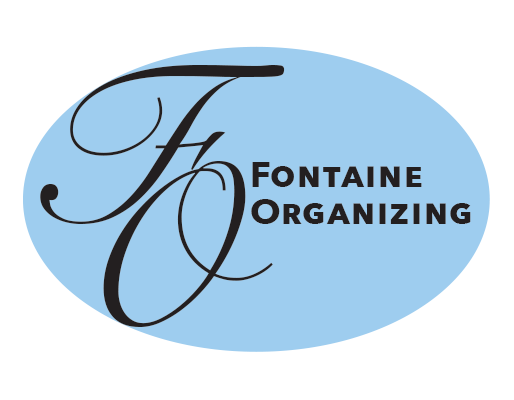Streamlining Your Budget for Clarity and Savings
Create a Budget That Brings Clarity and Financial Freedom
A well-organized budget is not much different than a decluttered room—it clarifies what you actually have, reduces stress, and helps you focus on what matters most. Streamlining your finances is a key step towards paying off debt and achieving your goals, and creating a budget is the most important part. By using tools like the EveryDollar app and a consistent system, you can create a budget that’s easy to maintain and sets you up for success.
I’m not suggesting you do anything I don’t do myself. Using consistent budgeting and the Ramsey Baby Steps plan, I was able to get control over my personal finances, pay off debt, and stay financially organized. Here are the steps I encourage you to follow so that you, too, can have an organized budget.
Track Your Spending
Step 1: Track Your Spending
If you are going to plan where your money will go, you first need to know where your money has been going. For one month, track every expense—coffee runs, groceries, subscriptions, everything. Use a notebook, spreadsheet, or an app like EveryDollar to simplify the process. This step reveals spending problems, like that daily latte habit or a forgotten subscription. Identifying these “hidden” expenses is like uncovering your missing items in a cluttered room, and you may find yourself exclaiming, “Oh, I forgot about that!” Now’s a great time to also look at your past several months of bank statements to see if there’s anything else you’ve forgotten about.
Categorize and Set Limits
Step 2: Categorize and Set Limits
Once you’ve tracked your spending, sort expenses into categories: essentials (rent, utilities, groceries), discretionary (dining out, entertainment), and financial priorities (debt repayment and savings). Be honest about what’s essential. Streaming TV services might feel necessary, but could they be cut to free up funds? Set realistic spending limits based on your income, ensuring every dollar has a purpose and that you’re not planning to spend more than you’ll earn. If dining out takes up 20% of your budget and it’s not essential for you (hint: it’s not essential for anyone), try reducing or eliminating it and redirecting the funds to increase your grocery budget by a little and the rest to pay off debt faster. A clear budget is no different than an organized home: everything has its place, with no tolerance for clutter.
Connect to a Simple Filing System
Step 3: Connect to a Simple Filing System
Your budget should tie into how you manage financial documents. Store budget-related items—like expense trackers or debt payoff plans—together in one location. Use computer or physical file folders where appropriate, or group apps together on your phone. The EveryDollar app can help by linking to your bank accounts for real-time updates, making your budget a living system, not just a plan on paper. Quicken is another great option. A well-organized system ensures you stay on track with your financial goals, especially paying off debt.
Review and Adjust Regularly
Step 4: Review and Adjust Regularly
A budget needs regular attention. Especially at the beginning, it’s important to review your planned and actual spending regularly. It’s a good idea to start your day with a quick review of your data so that you can make informed choices as you go about your day. Adjust as needed—maybe you underestimated grocery costs or overestimated entertainment spending. These check-ins will assist you with keeping things in order. Think of it like tidying a drawer: a quick reset keeps your budget manageable and your debt payoff on course. Don’t get frustrated at the beginning when you struggle to get your numbers to behave. It takes most people about three months to get a real handle on things.
Why It Matters
An organized budget gives you control over your money and peace of mind. When I get stressed about things outside of my control, I review and adjust my budget because it’s something that’s under my complete control, and it gives me a sense of power over the outcome. It’s like decluttering a chaotic room—every choice you make can lead to a calmer result. Whether you’re tackling credit card debt, student loans, or saving for the future, a streamlined budget is the first step to achieve your goals. Get started today and enjoy the clarity that comes with a clutter-free budget.
For more tips on getting your finances in order, read Taming Your Financial Clutter








